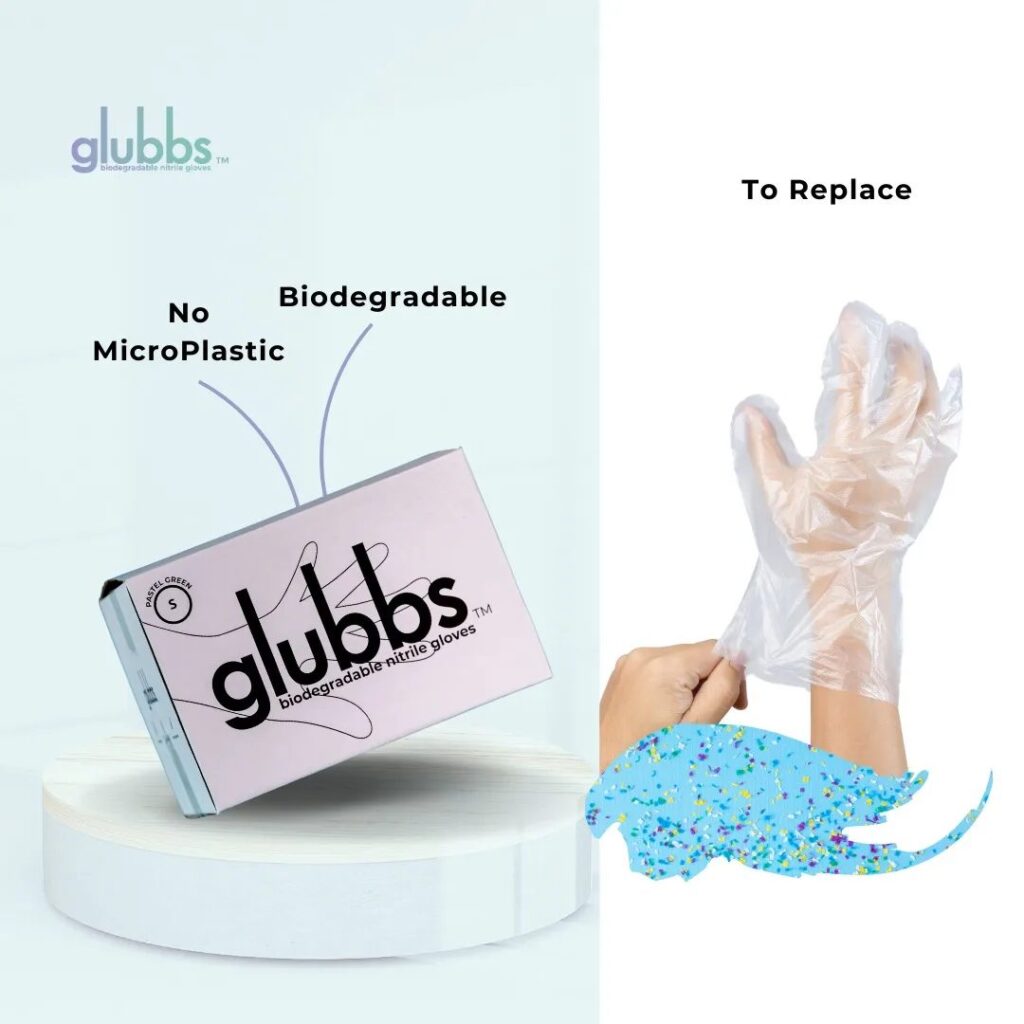Nitrile gloves are a popular choice in various industries due to their durability, puncture resistance, and chemical protection. However, despite their advantages, nitrile gloves can deteriorate more quickly than expected. Understanding why this happens can help users make better choices and extend the lifespan of their gloves. In this blog, we’ll explore the top five reasons why nitrile gloves deteriorate quickly and how to mitigate these issues.
1. Exposure to Extreme Temperatures
One of the primary reasons nitrile gloves deteriorate quickly is exposure to extreme temperatures. High temperatures can cause the material to become more brittle and lose its flexibility, while low temperatures can make it stiff and prone to cracking. Both extremes can significantly reduce the lifespan of nitrile gloves. To prevent premature deterioration, store gloves in a cool, dry place away from direct sunlight and heat sources.
2. Chemical Exposure
Nitrile gloves are known for their chemical resistance, but prolonged exposure to harsh chemicals can still compromise their integrity. Certain solvents, oils, and cleaning agents can weaken the material over time, leading to faster degradation. Ensure that gloves are not exposed to chemicals beyond their recommended usage. Always check compatibility and consider using specialized gloves if dealing with highly aggressive substances.
3. Improper Storage
Improper storage can greatly affect the longevity of nitrile gloves. Exposure to ultraviolet (UV) light, moisture, or fluctuating environmental conditions can accelerate the degradation process. To maximize their lifespan, store gloves in their original packaging and in a controlled environment. Avoid leaving gloves in areas with high humidity or direct sunlight.
4. Mechanical Wear and Tear
Frequent use of nitrile gloves can lead to mechanical wear and tear. Activities that involve abrasion, friction, or contact with rough surfaces can cause the gloves to deteriorate faster. For tasks involving heavy or sharp objects, consider using additional protective gear or choosing gloves with higher durability ratings. Regularly inspect gloves for signs of damage and replace them as needed to maintain effective protection.
5. Improper Use
Using nitrile gloves for tasks they are not designed for can lead to premature deterioration. For instance, using gloves for activities that involve heavy lifting, sharp objects, or prolonged exposure to harsh environments can cause them to break down quickly. Always select gloves based on the specific requirements of the task at hand and follow the manufacturer’s guidelines for optimal performance and protection.
Are Nitrile Gloves Expensive?
When considering the cost of nitrile gloves, it is essential to evaluate them in the context of their benefits and longevity. While nitrile gloves may initially seem more expensive compared to other types of gloves, their superior protection against chemicals, punctures, and contamination often justifies the investment. Moreover, proper handling and storage can help maximize their lifespan and reduce the overall cost over time. In the long run, the cost-effectiveness of nitrile gloves is determined by their durability and performance in the intended application.
By understanding the factors that contribute to the rapid deterioration of nitrile gloves, users can take proactive measures to extend their usability. Proper storage, appropriate usage, and careful handling are key to ensuring that nitrile gloves provide reliable protection and value for money.
